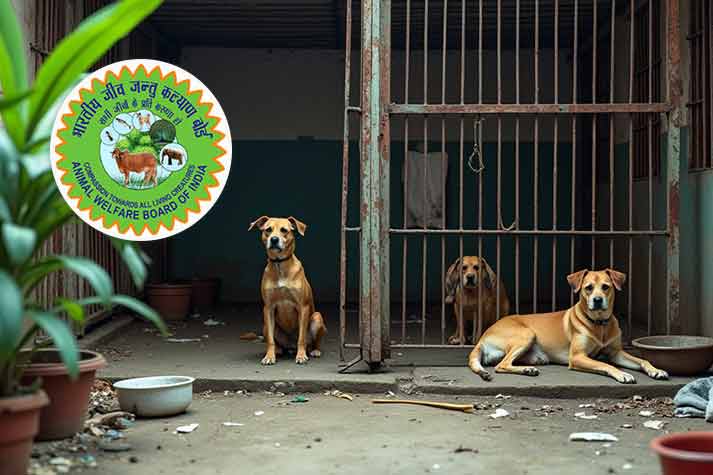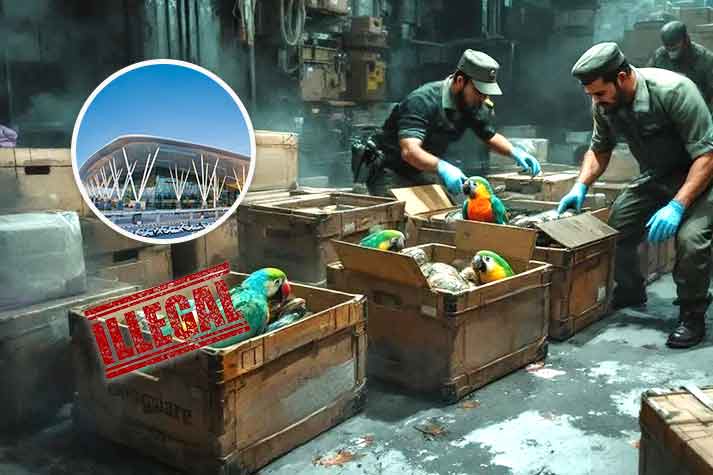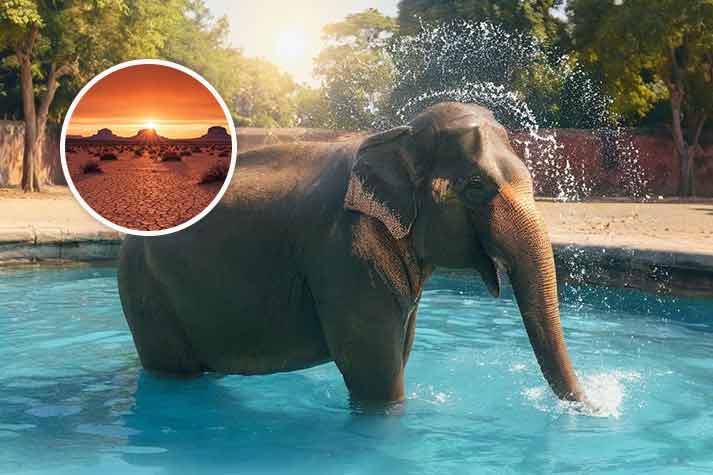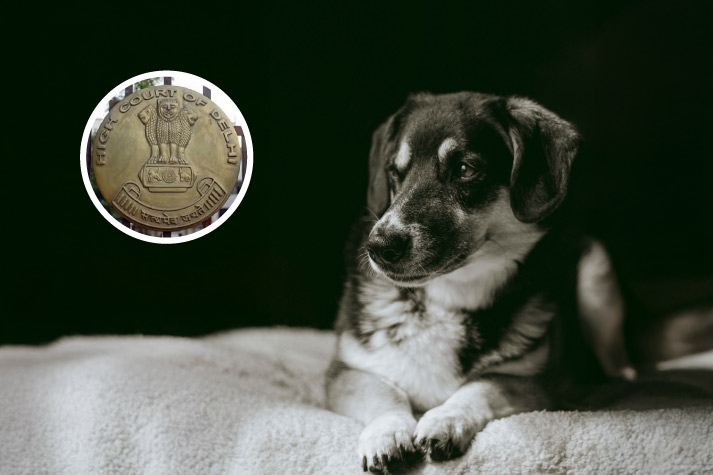
29 May
Two Years On, Delhi's Animal Welfare Board Struggles to Gain Traction
New Delhi: Established in April 2023, the Delhi State Animal Welfare Board (DAWB) was formed as a key regulatory body to oversee pet shops, breeders, and veterinary infrastructure in the capital. However, two years into its existence, the board’s operational footprint remains limited, with key mandates still unfulfilled and systemic inertia slowing progress.
Formed with representatives from the government, veterinary field, civil society, and animal welfare organisations, the 27-member board was expected to bring coordination and regulatory oversight to a sector long marked by informal practices. However, after initial meetings in April and July 2023, the board convened only once more in September 2024.
The Pet Shop Rules (2018) and Dog Breeding Rules (2017) require registration of all commercial animal establishments with state boards like DAWB. These rules empower the board to inspect facilities, review sale records, and monitor conditions under which animals are housed. Despite this clear legal framework, not one registration has been completed in Delhi to date.
The gap between legal mandates and their implementation came to attention earlier in 2025, when 18 law students from Delhi University’s Animal Law Cell surveyed 34 pet shops. Their findings, compiled in a report submitted to the Delhi government in May, highlighted widespread violations; the sale of un-weaned animals, unsanitary housing conditions, and instances of illegal wildlife trade.
In response to mounting concerns, the DAWB issued a public notice in November 2024 asking all shops and breeders to register within a month. No applications were received. A follow-up directive from the Delhi High Court in December pushed the board to act within three months, questioning the state’s claim that no breeders were operational. Despite these directions, and the government’s April 2025 submission citing ongoing inspections and show-cause notices to 56 establishments, formal registration remains pending.
One of the persistent challenges has been the absence of a reliable database. Estimates suggest that Delhi may have between 300 to 500 pet shops, excluding a sizeable number of breeders operating from private premises. The state’s animal husbandry department, which supports the board’s work, maintains no registry of either.
There is also a gap in implementation at the municipal level. While rules stipulate that civic license for pet shops be granted only after DAWB registration, reports suggest that this procedural step is often bypassed. As a result, establishments continue to function under general commercial licenses, without meeting animal welfare compliance requirements.
DAWB’s director and the animal husbandry department’s ex-officio secretary, Satyavir Singh, cited recent inspections and action against violators as ongoing efforts. However, he also noted that board meetings had been suspended pending reconstitution following a change in government earlier this year.
Meanwhile, broader institutional goals remain unachieved. Improving the condition of Delhi’s 77 government veterinary hospitals (another of DAWB’s original mandates) has seen little movement. Facilities continue to face shortages of basic supplies, while mobile veterinary units sanctioned under central schemes remain non-operational. The national animal helpline (1962), functional in other states, has yet to be activated in Delhi.
Observers note that the board’s inactivity is part of a longer pattern. Legal appeals calling for a functional state animal welfare body in Delhi date back more than a decade. Though the formation of DAWB was a step forward, its implementation so far reflects an administrative model still finding its footing.
In its current state, DAWB stands as an institution with potential but limited reach. Its effectiveness now depends on sustained political will, consistent inter-departmental coordination, and responsiveness to judicial guidance; all essential aspects if the dream of structured animal welfare governance in the capital is to become a reality.






AUTHOR’S BIO
Carry My Pet
Passionate pet enthusiasts and globetrotters, dedicated to easing furry friends' journeys worldwide. Penning tales of compassion at CarryMyPet, where every relocation is a tail-wagging adventure.